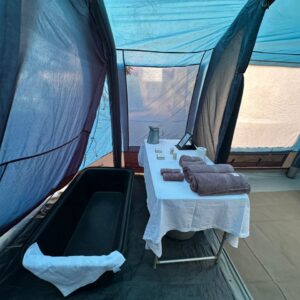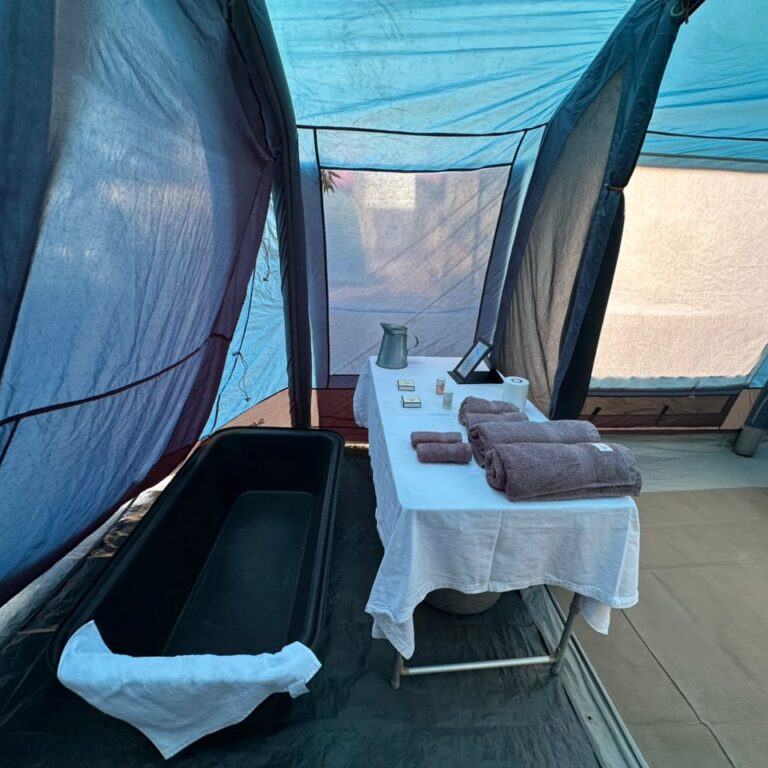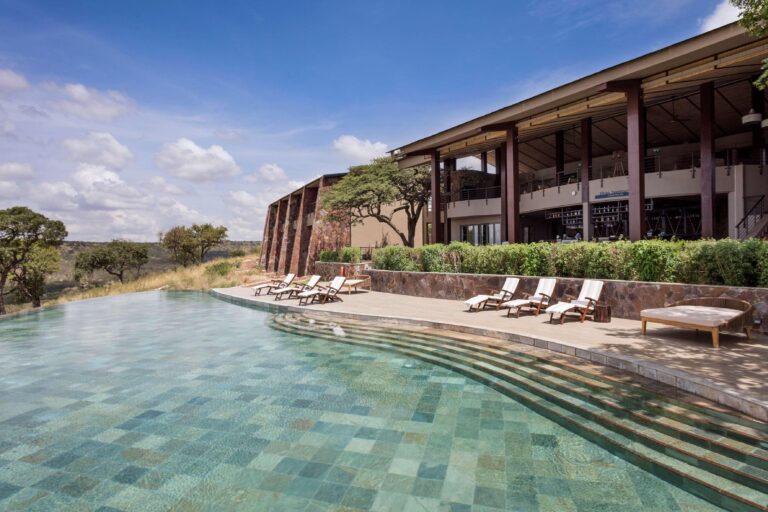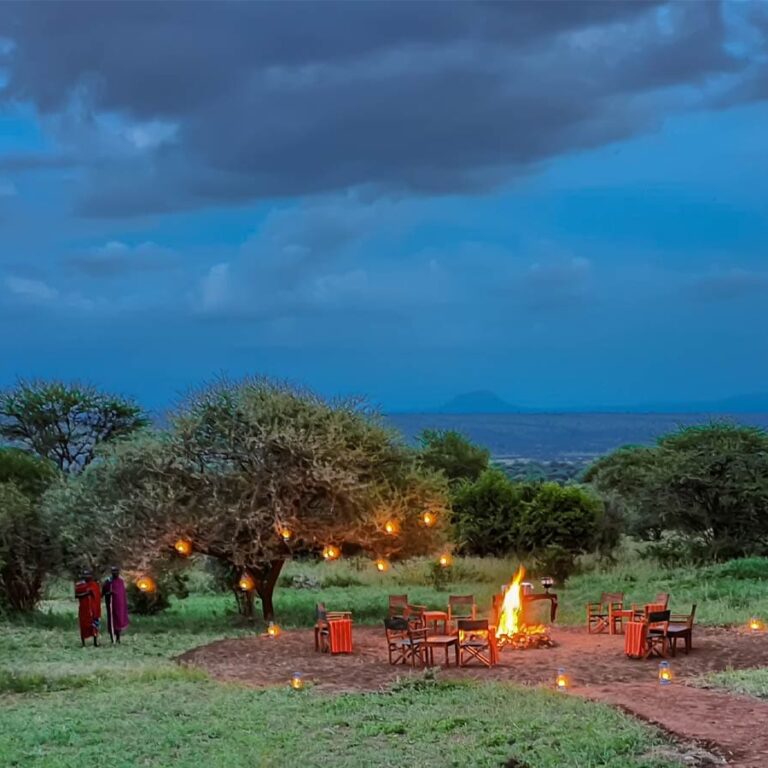The varying prices among Kilimanjaro operators can be quite perplexing, but understanding the reasons behind these differences is essential for making an informed choice. Let’s delve into the factors that contribute to the wide range of fees charged by different tour operators:
Embarking on a journey to conquer Mount Kilimanjaro is a dream for many adventurers worldwide. However, as you delve into planning this awe-inspiring expedition, you may encounter a perplexing phenomenon: the substantial variance in prices among Kilimanjaro tour operators. In this comprehensive guide, we aim to unravel this enigma and shed light on the factors that contribute to these divergent price points.
Reasons 1: Three Types of Kilimanjaro Tour Operators
Kilimanjaro tour operators generally fall into three categories based on service level: Budget, offering basic, cost-effective trips; Mid-Range, providing a balance of comfort and value; and Luxury, delivering premium experiences with high-end amenities and personalized services, often including gourmet food and private facilities. Another key distinction is between Local Tanzanian Operators, who offer direct support for the local economy, and International Companies, which may subcontract but provide broad global travel options and certifications like B Corp.
Kilimanjaro Budget Operators:
These operators offer Kilimanjaro climbs at remarkably low prices, often around $1,900 to $2600+. However, their profit margins are razor-thin, leaving little room to adequately compensate the mountain crew or provide high-quality food and equipment.
Park fees alone (around $900 per trekker for a six-day climb, excluding 18% VAT) cannot be lowered. Concerns include underpayment of crew, inadequate equipment, and insufficient food for the team. Some budget operators may lack proper staff training and have a low guide-to-climber ratio, potentially compromising safety.
Value-for-Money Operators
These strike a balance between affordability and quality prices around $2000 to $3800. They offer competitive prices while ensuring decent compensation for the crew, better equipment, and a more favorable guide-to-climber ratio. The overall experience remains satisfactory without compromising safety.
Luxury Operators:
These premium operators charge higher prices (often exceeding $5,000). While they provide extra comforts and services, some aspects may be unnecessary for a successful climb. Luxury operators cater to specific preferences but may not significantly enhance safety or summit success.
Reasons 2: What’s Included and Omitted:
Budget Operators: To keep costs low, they may cut corners on essential elements. This could mean compromising on crew wages, food quality, or equipment maintenance. The client experience may suffer due to limited support and resources.
Value-for-Money Operators: They strike a balance by providing decent services without excessive frills. Crew members receive fair compensation, and climbers enjoy better food and equipment.
Luxury Operators: While they offer additional comforts (such as upgraded accommodations), some features may not directly impact safety or summit success. Climbers pay for luxury amenities that may not be essential for a successful climb. Some companies offer comprehensive packages encompassing transportation, accommodation, meals, and equipment rental, while others may provide more basic amenities
Reasons 3: Safety and Experience:
Budget Operators: Although some climbers have positive experiences with budget operators, the risks associated with safety and comfort are higher. Opting for a reputable operator ensures better-trained guides, well-fed crews, and proper equipment.
Value-for-Money and Luxury Operators: These prioritize safety, experienced guides, and well-maintained gear. While luxury operators provide extra perks, value-for-money operators strike a practical balance between safety and cost.
Reasons 4: Expertise and Experience
Tour operators with extensive experience and a proven track record of successful Kilimanjaro expeditions often command higher prices. These seasoned professionals possess invaluable knowledge of the terrain, weather patterns, and logistical intricacies, ensuring a safer and more enjoyable journey for adventurers it shows why prices differ so much between Kilimanjaro operators.
Reasons 5: Group Size and Customization Options
The size of the expedition group and the degree of customization available can also impact pricing. Smaller group sizes often translate to a more personalized experience but may entail higher costs per person. Conversely, larger group tours may offer economies of scale, resulting in lower individual prices. Additionally, operators offering bespoke itineraries tailored to individual preferences may command premium rates.
Reasons 6: Operational Overheads and Administrative Costs
Behind the scenes, tour operators grapple with a myriad of operational overheads and administrative expenses. Why you Need an Ethical Kilimanjaro Tour Operators? These include licensing fees, permits, insurance premiums, staff salaries, marketing expenditures, and equipment maintenance costs. Such overheads inevitably factor into pricing decisions to sustain business viability.
Reasons 7: Quality of Guides and Support Staff
The caliber of guides and support staff accompanying adventurers on their Kilimanjaro ascent significantly influences pricing. Reasons Why do Prices differ between Kilimanjaro Tour Operators? Experienced, skilled, and certified guides enhance safety, provide invaluable insights into the region’s flora and fauna, and ensure a best experience for hikers.
(FAQs) – Understanding Price Variations Among Kilimanjaro Tour Operators
Prices vary among Kilimanjaro tour operators due to factors like economic conditions, service inclusions, and group sizes. Economic fluctuations impact costs, while differences in services offered, such as accommodation standards and guide qualifications, contribute to pricing diversity. Group sizes also play a role, with smaller groups often facing higher costs per person.
Why do prices differ between Kilimanjaro tour operators?
Prices among Kilimanjaro tour operators vary due to several factors, including the level of expertise and experience of the guides, the quality of services and inclusions provided, safety measures and risk mitigation strategies implemented, the size of the expedition group, customization options available, the caliber of guides and support staff, as well as operational overheads and administrative costs.
How does the expertise and experience of tour operators influence pricing?
Tour operators with extensive experience and a proven track record of successful Kilimanjaro expeditions often command higher prices. Their expertise translates into enhanced safety, better logistical planning, and a more enjoyable overall experience for adventurers.
What services are typically included in the pricing offered by tour operators?
The range and quality of services provided by tour operators can vary significantly. Common inclusions may encompass transportation to and from Kilimanjaro, accommodation during the expedition, meals, equipment rental (such as tents, sleeping bags, and hiking gear), as well as park fees and permits.
How do safety measures and risk mitigation strategies impact pricing?
Reputable tour operators invest significantly in safety measures, including trained guides, emergency evacuation protocols, and high-quality equipment. These investments contribute to higher operational costs, thereby influencing pricing structures.
Does the size of the expedition group affect pricing?
Yes, the size of the expedition group can impact pricing. Smaller group sizes often result in a more personalized experience but may entail higher costs per person. Conversely, larger group tours may offer economies of scale, resulting in lower individual prices.
Are there options for customizing Kilimanjaro expeditions?
Some tour operators offer customizable itineraries tailored to individual preferences. These bespoke options may include specific route choices, additional amenities, or extended durations. However, customization often comes at an additional cost.
How important is the quality of guides and support staff in pricing decisions?
The caliber of guides and support staff accompanying adventurers on their Kilimanjaro ascent significantly influences pricing. Experienced, knowledgeable, and certified guides enhance safety, provide invaluable insights into the region’s flora and fauna, and ensure a memorable experience for climbers.
What are some of the operational overheads and administrative costs that impact pricing?
Behind the scenes, tour operators incur various expenses, including licensing fees, permits, insurance premiums, staff salaries, marketing expenditures, and equipment maintenance costs. These overheads inevitably factor into pricing decisions to sustain business viability.
- Tipping In Tanzania Safari – How Much To Tip On Safari
- Mountain Guides on Mount Kilimanjaro
- Local Tour Operators for Safari in Tanzania
- How to Book an Affordable African Safari
- Extraordinary Photographic Safari In Tanzania
How can adventurers make an informed decision when selecting a tour operator?
Adventurers should conduct thorough research, scrutinize the inclusions and services offered by each tour operator, read reviews and testimonials from past clients, inquire about safety protocols and guide qualifications, and assess the overall value proposition before making a decision.
What should adventurers prioritize when choosing a Kilimanjaro tour operator?
While price is a consideration, adventurers should prioritize safety, quality, and customer satisfaction when selecting a tour operator. By choosing a reputable company that prioritizes these aspects, adventurers can embark on their Kilimanjaro expedition with confidence.
In summary, choosing a Kilimanjaro operator involves weighing factors like safety, crew welfare, equipment quality, and personal preferences. Prioritize safety and consider the overall experience when making your decision. Remember that the mountain crew’s well-being and your own safety are paramount, regardless of the price tag.








